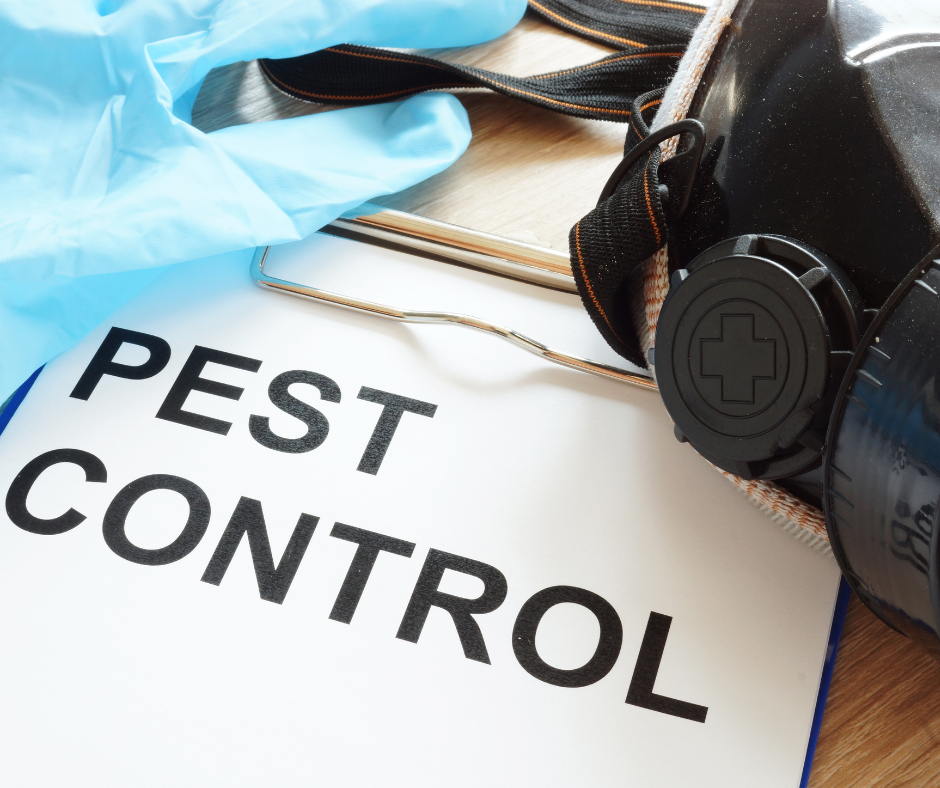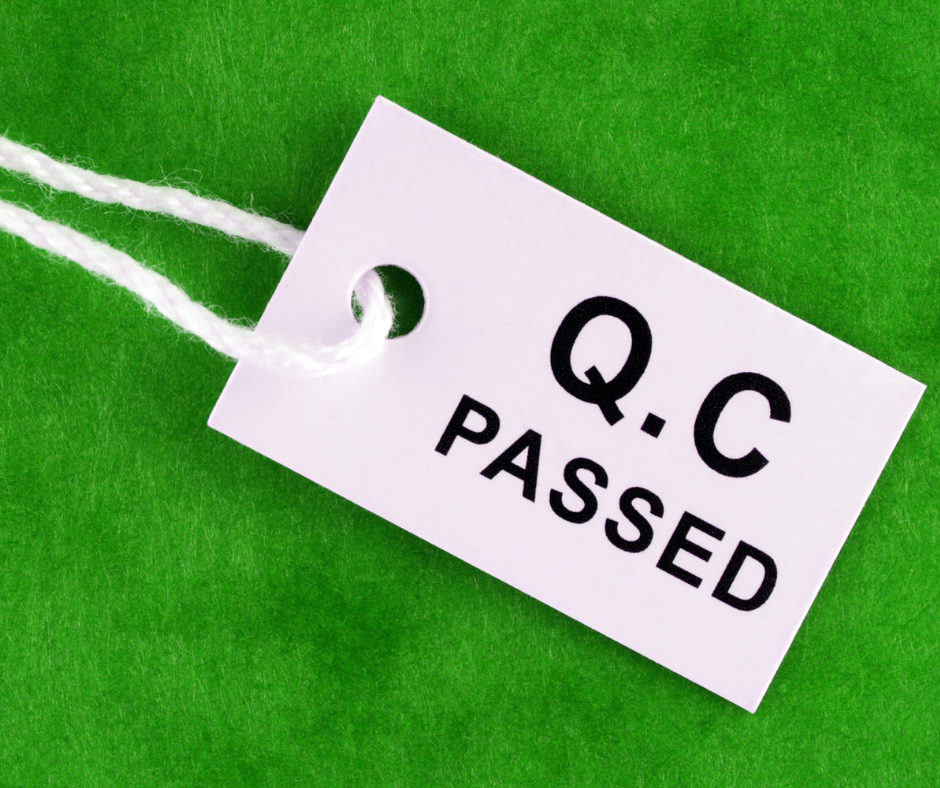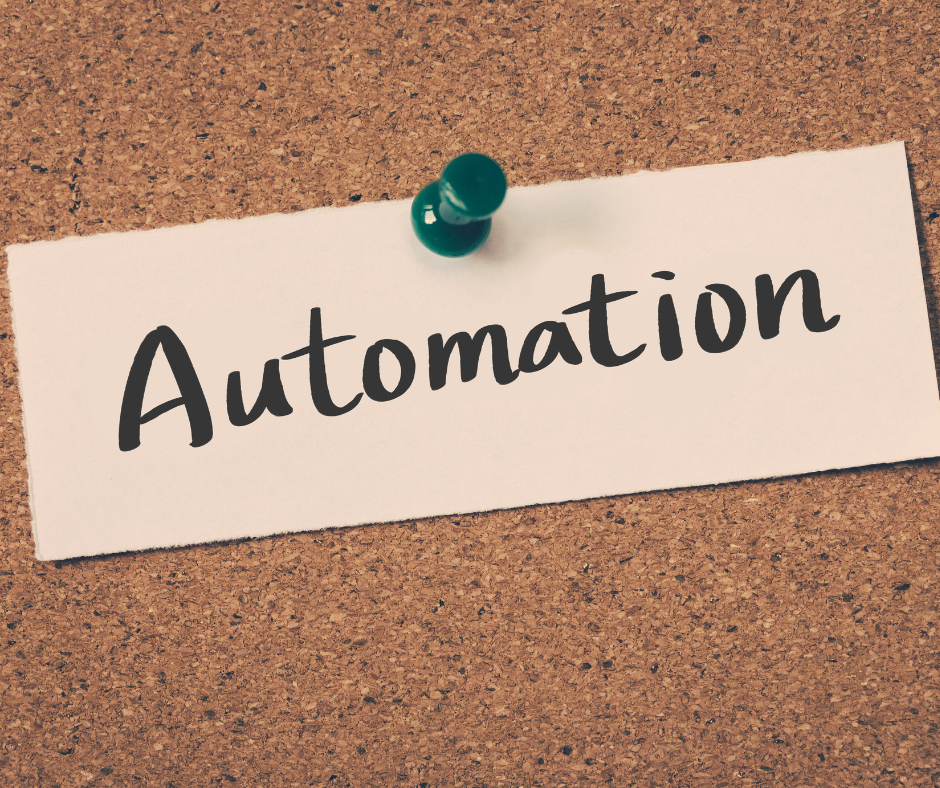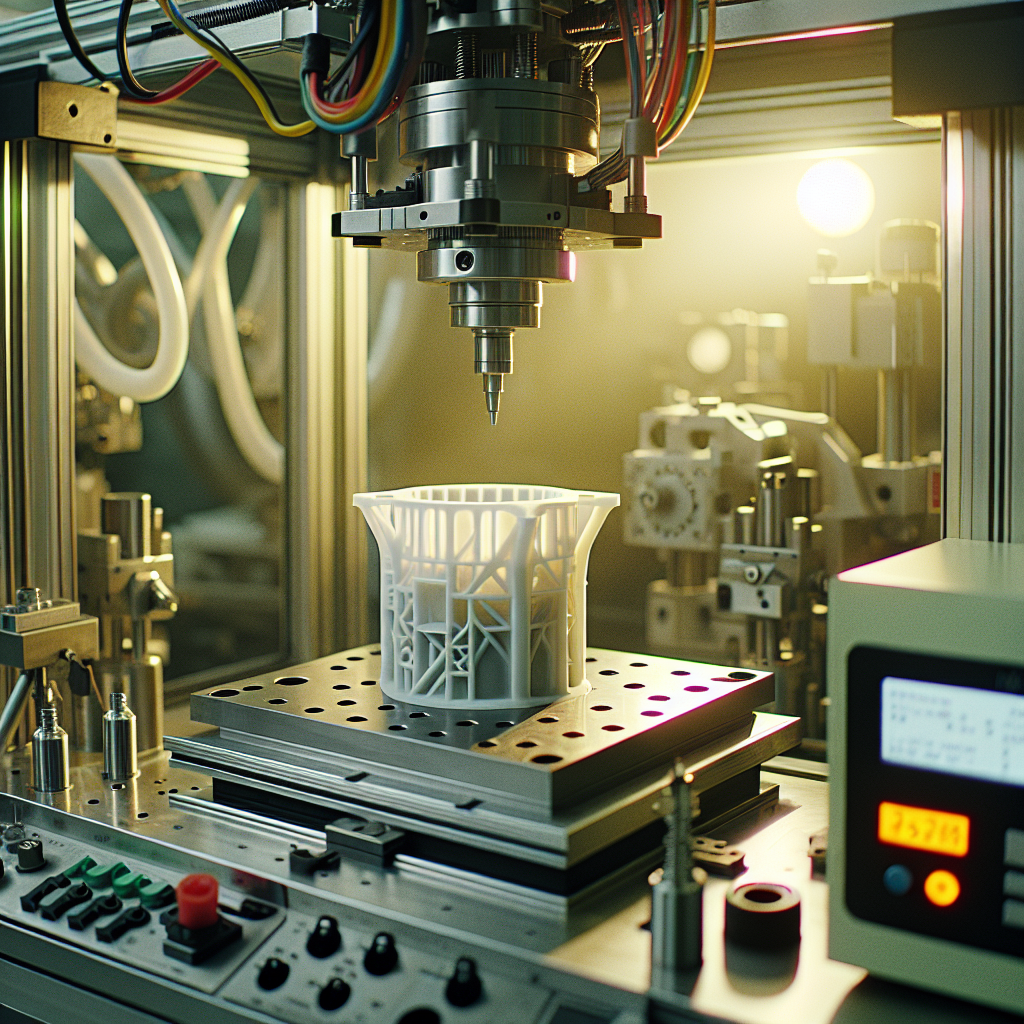Pest control chemical manufacturers are companies that produce chemicals and products that are designed to control or eliminate pests, such as insects, rodents, and other unwanted creatures. These manufacturers use a variety of chemicals and products, such as insecticides, rodenticides, baits, and traps, to help customers manage pest infestations in homes, businesses, and public spaces.
Pest control chemical manufacturers must adhere to strict safety and environmental regulations when producing and handling their products to ensure that they are safe for humans, animals, and the environment. They also must conduct extensive research and development to create effective products that are both safe and easy to use.
In recent years, many pest control chemical manufacturers have invested in automation technologies to improve their production processes, reduce costs, and increase efficiency. Automation can help these manufacturers produce products more quickly and efficiently while improving product quality and consistency. It can also help manufacturers reduce their environmental impact and enhance worker safety, leading to a more sustainable and responsible approach to pest control.
Investing in automation for pest control chemical manufacturers is important for several reasons:
- Automation can help manufacturers produce high-quality products more efficiently, reducing costs and improving profitability.
- Automation can improve product quality by minimizing errors and inconsistencies in the production process, ensuring accurate mixing and dispensing of chemicals, and promoting consistency and reliability.
- Automation can enhance safety by reducing the risk of accidents, spills, and leaks during the production process, protecting workers and the environment.
- Automation can promote consistency and reliability in the production process, ensuring that products meet or exceed customer expectations.
- Automation can provide valuable data that can help manufacturers optimize their production processes, improve quality, and reduce costs.
- Automation can reduce labor costs, minimize waste, and conserve resources, resulting in significant cost savings for manufacturers.
- Automation can promote sustainability by reducing waste, conserving resources, and improving product safety, helping manufacturers reduce their environmental footprint.
- Automation can provide a significant competitive advantage by improving efficiency, quality, safety, and flexibility, and promoting sustainability and environmental responsibility.
In this article, let us look at some of the benefits of investing in automation for pest control chemical manufactures:
- Increased Efficiency
- Improved Quality
- Enhanced Safety
- Consistency
- Data Collection
- Reduced Labor Costs
- Increased Production Capacity
- Improved Accuracy
- Cost Savings
- Greater Flexibility
- Faster Product Development
- Environmental Benefits
- Competitive Advantage
- How can Deskera Help You?
- Conclusion
- Related Articles
Increased Efficiency
Increased efficiency is a major benefit of investing in automation for pest control chemical manufacturers. Automating certain tasks, such as mixing and filling chemicals, can help manufacturers complete them more quickly and accurately. This can result in increased production rates and reduced costs.
With automation, manufacturers can use robots and machines to perform repetitive tasks, such as measuring and mixing chemicals, more efficiently than humans. This reduces the likelihood of errors and inconsistencies, which can delay production and result in wasted materials. Additionally, automated systems can operate around the clock, allowing manufacturers to produce more chemicals in less time.
Automation also allows manufacturers to streamline their operations by eliminating unnecessary steps and bottlenecks. For example, automated systems can be used to transport chemicals from one stage of the production process to another, reducing the need for manual handling and reducing the risk of accidents.
Increased efficiency can help manufacturers reduce costs, increase productivity, and improve their bottom line. By investing in automation, pest control chemical manufacturers can position themselves for success in a competitive market.
Improved Quality
Improved quality is another key benefit of investing in automation for pest control chemical manufacturers. Automation can help ensure that chemicals are mixed precisely according to specifications, resulting in higher-quality products. Automated systems can also be programmed to perform quality checks to detect any defects or inconsistencies.
Automated systems can be used to measure and mix chemicals with a high degree of accuracy, ensuring that the final product meets the desired specifications. This can help reduce the likelihood of errors and inconsistencies that can impact product quality. Additionally, automated systems can monitor and adjust the production process in real-time to ensure that the chemical composition remains within the desired parameters.
Automated quality checks can also be performed on the finished product to detect any defects or inconsistencies. This can help ensure that the product meets the required standards and is safe for use. Automated systems can be used to test the product for factors such as pH, viscosity, and density, ensuring that it meets the desired specifications.
Improved quality can help manufacturers build a reputation for producing high-quality products, which can lead to increased customer satisfaction and loyalty. By investing in automation, pest control chemical manufacturers can improve the quality of their products, which can help them stay ahead of the competition.
Enhanced Safety
Enhanced safety is a significant benefit of investing in automation for pest control chemical manufacturers. Automation can help reduce the risk of accidents and injuries to workers by handling and mixing hazardous chemicals more safely.
Automated systems can be used to transport, mix, and dispense chemicals without the need for human intervention. This can help reduce the risk of accidents and injuries when workers manually handle hazardous chemicals. Additionally, automated systems can be programmed to shut down if any safety parameters are breached, preventing potentially dangerous situations from occurring.
Automated systems can also be used to monitor the production process in real-time and detect any potential safety hazards. For example, suppose there is a leak in a chemical tank or a blockage in a pipeline. In that case, the automated system can detect it and alert the operator to take corrective action.
Furthermore, automation can reduce the need for workers to perform manual tasks, which can help reduce the risk of repetitive strain injuries and other types of occupational hazards. Automated systems can also handle tasks requiring high precision and accuracy, reducing the likelihood of errors that can lead to accidents.
Enhanced safety is an essential benefit of investing in automation for pest control chemical manufacturers. By automating hazardous tasks, manufacturers can protect their workers, reduce the risk of accidents, and improve their overall safety record.
Consistency
Consistency is another significant benefit of investing in automation for pest control chemical manufacturers. Automation can help ensure that chemicals are mixed and dispensed consistently every time, resulting in products of a consistent quality.
Automated systems can be programmed to mix and dispense chemicals precisely according to the required specifications. This can help eliminate any variations or inconsistencies that can occur when chemicals are mixed manually. Additionally, automated systems can be used to monitor the production process in real-time and adjust the parameters if necessary, ensuring that the chemical composition remains within the desired range.
Consistency in the production process can help manufacturers build a reputation for producing high-quality products consistently, which can lead to increased customer satisfaction and loyalty. Consistent quality can also help manufacturers reduce waste and avoid the costs associated with reworking or discarding products that do not meet the required specifications.
Furthermore, consistency can help manufacturers comply with regulatory requirements, such as those related to the purity and concentration of chemicals. By automating the production process, manufacturers can demonstrate that their products meet the required standards consistently.
Consistency is a crucial benefit of investing in automation for pest control chemical manufacturers. By ensuring that products are of a consistent quality, manufacturers can improve their reputation, reduce waste, and comply with regulatory requirements.
Data Collection
Data collection is another key benefit of investing in automation for pest control chemical manufacturers. Automated systems can be used to collect data on various aspects of the production process, such as the volume of chemicals used, the production rate, and the quality of the finished product.
Automated systems can be equipped with sensors and other monitoring equipment that can collect data in real-time. This data can be used to identify trends and patterns in the production process, which can help manufacturers optimize their operations and improve their overall efficiency.
Data collection can also help manufacturers identify and troubleshoot any issues that may arise during the production process. For example, suppose the quality of the finished product is not meeting the required standards. In that case, manufacturers can use data collected from the automated system to identify the source of the problem and take corrective action.
Furthermore, data collection can help manufacturers comply with regulatory requirements. Many regulatory agencies require manufacturers to maintain detailed records of their production processes, including the volume of chemicals used and the quality of the finished product. Automated systems can collect this data automatically, making it easier for manufacturers to comply with these requirements.
Data collection is a valuable benefit of investing in automation for pest control chemical manufacturers. By collecting and analyzing data, manufacturers can identify opportunities to optimize their operations, improve their efficiency, and comply with regulatory requirements.
Reduced Labor Costs
Reduced labor costs are a significant benefit of investing in automation for pest control chemical manufacturers. Automation can help reduce the need for manual labor, which can result in cost savings for the manufacturer.
Automated systems can be used to perform tasks that would otherwise require manual labor, such as mixing and dispensing chemicals. By automating these tasks, manufacturers can reduce the number of workers needed to operate the production line. Additionally, automated systems can operate 24/7 without the need for breaks, which can further reduce labor costs.
Furthermore, automation can help manufacturers reduce the costs associated with training and retaining workers. Automated systems are easier to operate than manual systems, which can help reduce the time and resources needed to train workers. Additionally, automated systems do not require breaks or vacation time, which can help reduce turnover and the associated costs of recruiting and training new workers.
Reduced labor costs are an essential benefit of investing in automation for pest control chemical manufacturers. By automating tasks that would otherwise require manual labor, manufacturers can reduce their labor costs and improve their profitability. Additionally, automation can help reduce the costs associated with training and retaining workers, making it a cost-effective solution for manufacturers.
Increased Production Capacity
Increased production capacity is another significant benefit of investing in automation for pest control chemical manufacturers. Automation can help manufacturers produce more products in less time, which can increase their production capacity and improve their competitiveness.
Automated systems can operate 24/7 without the need for breaks, which can help increase the production rate and reduce the time needed to produce a batch of chemicals. Additionally, automated systems can perform tasks more quickly and accurately than manual labor, which can further increase the production rate.
Furthermore, automation can help manufacturers scale their production capacity to meet increasing demand. Automated systems can be easily expanded or modified to accommodate larger volumes of chemicals, making it easier for manufacturers to increase their production capacity as needed.
Increased production capacity can also help manufacturers reduce their lead times and improve their customer service. By producing more products in less time, manufacturers can deliver their products to customers more quickly, which can improve customer satisfaction and loyalty.
Increased production capacity is a significant benefit of investing in automation for pest control chemical manufacturers. By producing more products in less time, manufacturers can improve their competitiveness, reduce their lead times, and improve their customer service. Additionally, automation can help manufacturers scale their production capacity to meet increasing demand, making it a flexible and adaptable solution for manufacturers.
Improved Accuracy
Improved accuracy is another key benefit of investing in automation for pest control chemical manufacturers. Automation can help ensure that chemicals are mixed and dispensed accurately and precisely, which can result in higher-quality products.
Automated systems can be programmed to mix and dispense chemicals according to precise specifications. This can help eliminate variations or inconsistencies that can occur when chemicals are mixed manually. Additionally, automated systems can be equipped with sensors and other monitoring equipment that can detect any deviations from the desired specifications, allowing for quick adjustments to maintain accuracy.
Furthermore, automation can help ensure that chemicals are dispensed in the correct quantities, which can help reduce waste and improve efficiency. Automated systems can be programmed to dispense the exact amount of chemicals required for each batch, which can help reduce the risk of over or under dispensing.
Improved accuracy can also help manufacturers comply with regulatory requirements. Many regulatory agencies require manufacturers to maintain precise records of the chemical composition of their products, including the concentration and purity of each chemical. Automated systems can help ensure that the chemical composition of each batch is accurately recorded, making it easier for manufacturers to comply with these requirements.
Improved accuracy is an essential benefit of investing in automation for pest control chemical manufacturers. Manufacturers can produce higher-quality products, reduce waste, and comply with regulatory requirements by ensuring that chemicals are mixed and dispensed accurately and precisely.
Cost Savings
Cost savings are a significant benefit of investing in automation for pest control chemical manufacturers. Automation can help reduce costs associated with labor, materials, and waste, which can result in higher profitability for the manufacturer.
As mentioned earlier, automation can help reduce labor costs by automating tasks that would otherwise require manual labor. Additionally, automation can help reduce material costs by ensuring that chemicals are mixed and dispensed accurately, which can reduce the risk of waste and overuse of materials.
Furthermore, automation can help reduce waste by minimizing errors and inconsistencies in the production process. Automated systems can be programmed to ensure that chemicals are mixed and dispensed according to precise specifications, which can reduce the risk of errors that can result in wasted materials or rejected products.
Cost savings can also be achieved through increased efficiency and production capacity. By producing more products in less time and with fewer resources, manufacturers can reduce their production costs and improve their profitability.
Cost savings are an essential benefit of investing in automation for pest control chemical manufacturers. Manufacturers can improve their profitability and competitiveness in the market by reducing labor and material costs, minimizing waste, and improving efficiency and production capacity.
Greater Flexibility
Another significant benefit of investing in automation for pest control chemical manufacturers is greater flexibility. Automation can help manufacturers be more responsive to changes in demand or changes in product requirements, making it easier to adapt to changing market conditions.
Automated systems can be easily reprogrammed or modified to accommodate changes in product specifications or production requirements. This can help manufacturers introduce new products or modify existing products quickly and efficiently, without the need for extensive manual labor or retooling.
Additionally, automated systems can be designed to handle a wide range of product types and batch sizes, making it easier for manufacturers to produce different products or product variations with the same equipment. This can help manufacturers be more responsive to changing customer demands or market trends.
Greater flexibility can also help manufacturers reduce their lead times and improve their customer service. By being able to respond quickly to changes in demand or product requirements, manufacturers can deliver their products to customers more quickly, which can improve customer satisfaction and loyalty.
Greater flexibility is an essential benefit of investing in automation for pest control chemical manufacturers. By being able to adapt quickly and efficiently to changing market conditions, manufacturers can improve their competitiveness, reduce their lead times, and improve their customer service. Additionally, automation can help manufacturers produce a wider range of products with the same equipment, making it a flexible and adaptable solution for manufacturers.
Faster Product Development
Faster product development is another significant benefit of investing in automation for pest control chemical manufacturers. Automation can help speed up the product development process, from initial formulation to final product testing and approval.
Automated systems can be programmed to mix and test chemicals according to precise specifications, which can help streamline the product development process. Additionally, automated systems can be equipped with sensors and other monitoring equipment that can detect any deviations from the desired specifications, allowing for quick adjustments to maintain accuracy.
Furthermore, automation can help accelerate the testing and approval process by providing accurate and reliable data on product performance and safety. Automated systems can be programmed to collect data on a wide range of product parameters, including chemical composition, physical properties, and performance characteristics. This data can be used to evaluate product performance and safety, and to identify any areas for improvement or further development.
Faster product development can help manufacturers bring new products to market more quickly, which can improve their competitiveness and profitability. By being able to respond quickly to changing market conditions or customer demands, manufacturers can introduce new products or product variations more quickly, giving them a competitive edge in the market.
Faster product development is an essential benefit of investing in automation for pest control chemical manufacturers. By accelerating the product development process, manufacturers can improve their competitiveness, reduce their time-to-market, and improve their customer service. Additionally, automation can help manufacturers produce higher-quality products and comply with regulatory requirements, making it a valuable investment for manufacturers.
Environmental Benefits
Investing in automation for pest control chemical manufacturers can also provide environmental benefits. By reducing waste, conserving resources, and improving product safety, automation can help manufacturers reduce their environmental impact and promote sustainability.
Automated systems can help reduce waste by minimizing errors and inconsistencies in the production process. Accurate mixing and dispensing of chemicals can help reduce the risk of waste and overuse of materials, which can reduce the manufacturer's environmental impact.
Additionally, automated systems can be programmed to conserve resources, such as water and energy, which can help reduce the manufacturer's environmental footprint. For example, automated systems can be designed to minimize water usage during the mixing and cleaning process, reducing the amount of water used in the production process.
Furthermore, automation can help improve product safety by ensuring that chemicals are mixed and dispensed accurately, reducing the risk of spills, leaks, or other accidents that can harm the environment or human health.
Finally, automation can help manufacturers comply with regulatory requirements related to environmental protection and sustainability. Automated systems can be designed to ensure that products are produced in compliance with relevant regulations and standards, helping manufacturers meet their environmental obligations and maintain their social license to operate.
Investing in automation for pest control chemical manufacturers can provide significant environmental benefits, including waste reduction, resource conservation, improved product safety, and compliance with regulatory requirements. By promoting sustainability and reducing their environmental footprint, manufacturers can improve their reputation, attract environmentally conscious customers, and contribute to a more sustainable future.
Competitive Advantage
Investing in automation for pest control chemical manufacturers can provide a significant competitive advantage in several ways. By improving efficiency, quality, safety, and flexibility, automation can help manufacturers produce high-quality products at a lower cost and with a faster time-to-market, giving them an edge over their competitors.
Automation can help manufacturers reduce their labor costs, minimize errors and inconsistencies in the production process, and increase production capacity, which can help them produce products more quickly and efficiently than their competitors. This can result in cost savings that can be passed on to customers, making the manufacturer's products more competitive in the market.
Additionally, automation can help manufacturers produce higher-quality products that meet or exceed customer expectations. By ensuring consistent quality, accurate mixing and dispensing of chemicals, and reliable data collection, automation can help manufacturers produce products that are safer, more effective, and more reliable than those produced by their competitors.
Furthermore, automation can help manufacturers be more responsive to changing market conditions and customer demands. By being able to introduce new products or product variations more quickly and efficiently, manufacturers can stay ahead of their competitors and capture new market opportunities.
Finally, automation can help manufacturers differentiate themselves from their competitors by promoting sustainability and environmental responsibility. By reducing their environmental footprint, conserving resources, and complying with relevant regulations and standards, manufacturers can attract environmentally conscious customers and differentiate themselves from their competitors.
How can Deskera Help You?
Deskera's integrated financial planning tools allow investors to better plan their investments and track their progress. It can help investors make decisions faster and more accurately.
Deskera Books can assist you in automating your accounting and mitigating business risks. Deskera makes it easier to create invoices by automating many other procedures, reducing your team's administrative workload.
Deskera also offers a suite of integrated applications to help businesses manage their financials, inventory, and operations. Furthermore, other business aspects such as HR (Deskera People), CRM (Deskera CRM), and ERP are provided by Deskera. These could be crucial and can help short sellers keep track of their businesses and make better decisions.
Conclusion
Here is a summary of the benefits of investing in automation for pest control chemical manufacturers:
- Increased efficiency
- Improved quality
- Enhanced safety
- Consistency
- Data collection
- Reduced labor costs
- Increased production capacity
- Improved accuracy
- Cost savings
- Greater flexibility
- Faster product development
- Environmental benefits
- Competitive advantage
Overall, investing in automation can help pest control chemical manufacturers produce high-quality products more efficiently, safely, and sustainably, while reducing costs and improving their market position. By leveraging the benefits of automation, manufacturers can stay ahead of their competitors, meet the evolving needs of their customers, and contribute to a more sustainable future.
Related Articles











